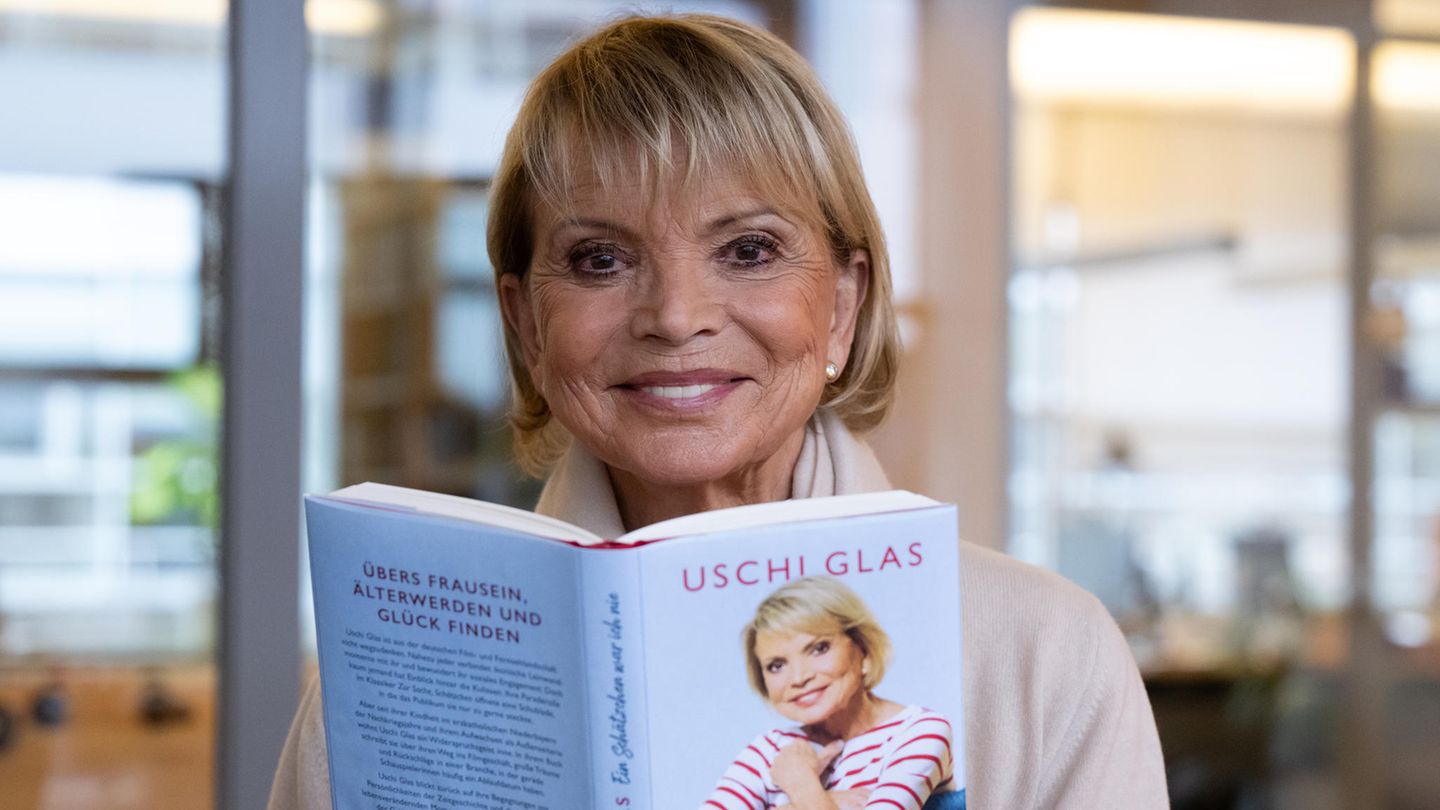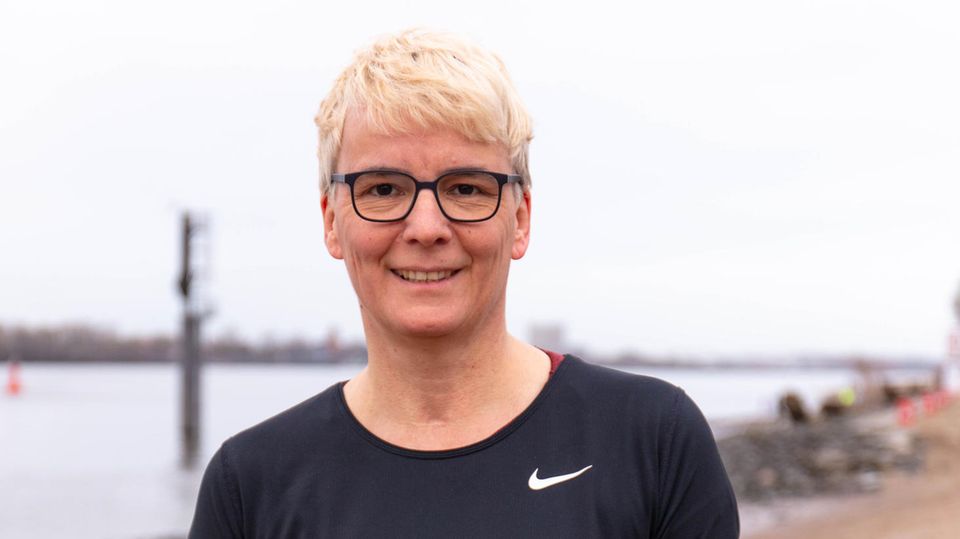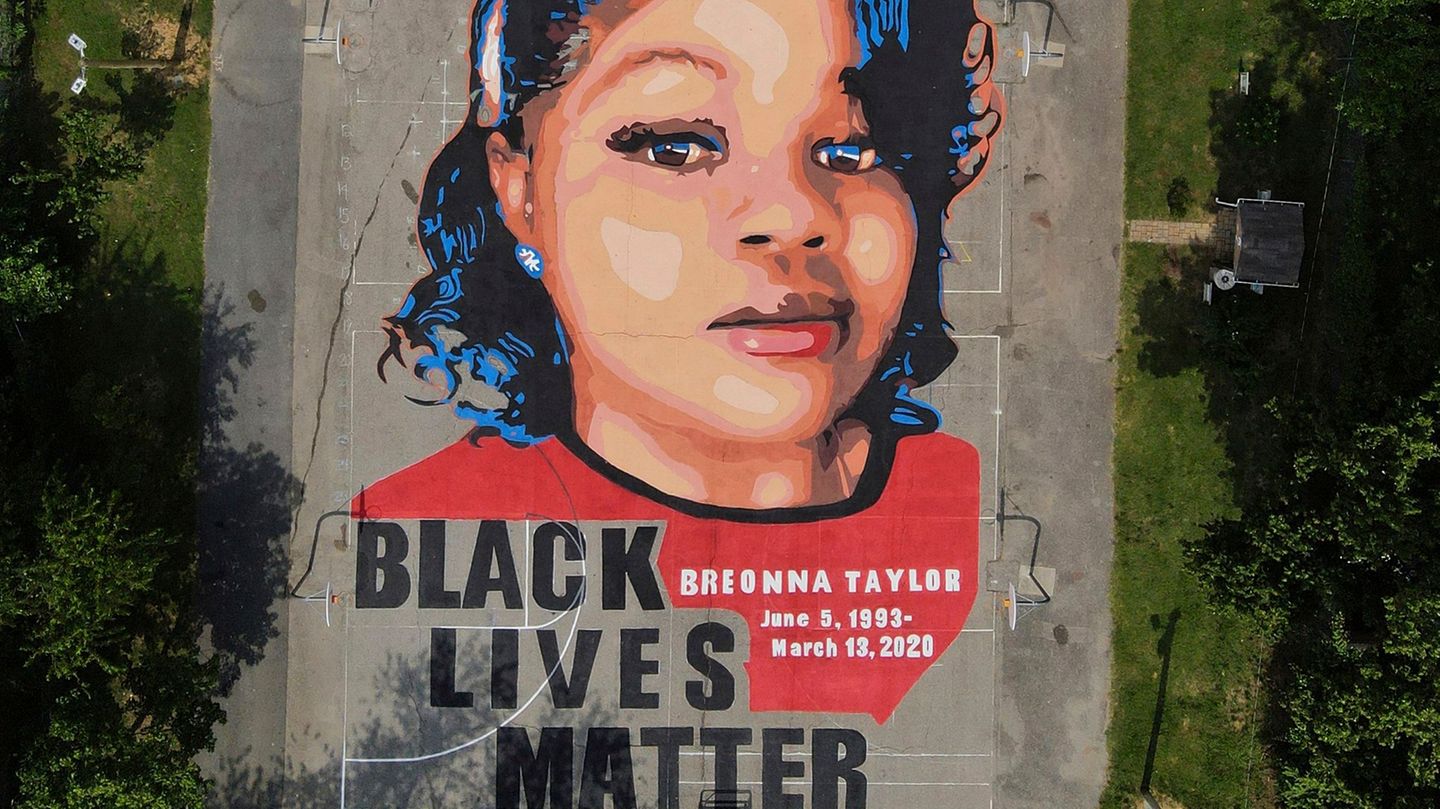Uschi Glas has been in business for more than half a century. However, she didn’t always follow its rules. In her biography “I was never a darling” she tells the story of her independence.
Shortly before her 80th birthday on Saturday March 2nd, Uschi Glas is publishing her biography. “I was never a sweetheart,” is the title of the book, which is available to buy from this Wednesday and, from her point of view, is not intended to be a classic autobiography. In an interview with the German Press Agency in Munich, she talks about female role models and explains why she could never bear to be dependent on anyone.
Why did you decide to publish this book now, on your 80th birthday?
My book is a lot about contradiction, respect and independence. When I look back, these three – I’ll call them – values were and are very central to my life. And I describe situations and encounters, both serious and funny, that got me to where I am today. If I manage to encourage readers a little bit to stand up for themselves and not lose themselves, then I’m happy. That’s how I’ve always been: I was born stubborn, to the chagrin of my parents. I’m still stubborn today.
And I have always had women around me who impressed or encouraged me in some way, and from whom I could also learn things. Independent women who said: I won’t put up with anything, I’ll go my own way. And that is actually the basic message: to stay in balance with yourself. It is very important that you should be your own best friend.
Your colleagues Gisela Schneeberger, Michaela May and Jutta Speidel recently complained a lot about the fact that there are no longer any exciting roles for women of a certain age. And that the roles they are offered are based on an outdated understanding of roles. You’re right?
I absolutely see it that way! It’s actually the case that people often say that a male actor looks much better these days than he used to. And I think you should think about the fact that an older woman with smile lines or grief lines also has a face that has something to say. We should discuss why an actress isn’t allowed to act even if she has seven wrinkles on her face or gray temples or no hair or dyes her hair, that doesn’t matter.
actress
From “Winnetou” to “Fack ju Göhte”: The eventful life of Uschi Glas in pictures
One argument is always that older women prefer to see younger women in films…
No, I wouldn’t say that. I’m very happy when I see Meryl Streep, Barbra Streisand or Jane Fonda. You don’t have to accept this unconditional ideal of beauty that you are only attractive as a woman as long as you are young.
What runs through the whole book is your great desire for independence. Is this a feminist message?
Of course, when I started, I thought to myself that I never, ever want to have to hold out my hand anywhere. This also comes from my experience with my mother. My mother raised four children and did all the work herself. She worked from morning to night, but she had no money of her own and had to ask him (her husband) if she could buy the scarf or blouse. This caught my attention very early on and it was clear to me: I don’t want that. Of course, it was also the case with us that my father said: Why do you want to learn anything at all? You’re getting married at 24, you’re pretty. Oh, help! No no!
With this in mind, did it ever annoy you that you became the sweetheart and that this word was always associated with you?
Journalists have always asked if it bothers me. And I always said: Well, it doesn’t bother me because it’s not a swear word. And besides, I had great success with the film and still think it’s excellent. But if you want, leave the darling out of your article. Then it’s an article without any sweethearts anymore. But my suggestion was mostly not taken up. Instead there was the headline: “Honey is no longer a sweetheart.” But of course I was never what one would think of as a sweetheart. So a good girl, adjusted and adoring the man. I was already very rebellious and quite stubborn. I also questioned a lot of things – that’s still the case today.
Your book is also very political, it also deals with MeToo and statutes of limitations for sexual crimes, and you write that it was always difficult to locate you politically. On the one hand, she was an emancipated actress, but not – like most of her colleagues at the time – a supporter of Willy Brandt’s SPD…
It was another situation in which a certain behavior was simply expected from me. And things like that have always bothered me. It also bothered me that many of the young leftists were very pro-Palestine, not to say anti-Semitic. I have always had Jewish friends in my life, even as a young girl, and I could not share their enthusiasm for the Arafat scarf. As a German, I have always felt responsible for our Jewish fellow citizens. I have never committed myself to any party. I’m not a member or anything like that because I’m happy to leave that open to myself.
You have a very public life and the public has accompanied you even in moments when you personally weren’t doing so well. Was that a price for your career that you felt was too high?
It wasn’t an easy situation when there was a paparazzo lurking behind every bush. That was incredibly stressful. When my son was born, the press pressured me to have baby photos taken. My agent said: “Don’t act like that. Even the royal families do that, they have their children photographed.” I then called Horst Ossinger from the DPA, who I knew and trusted, to take the photos. No publisher could be offended because everyone got the photos. But nowadays, times have changed completely, I would advise everyone not to take photos with children at all.
So you would say things are more relaxed today because the case law is different?
Yes. I also had a stalker once. He followed me wherever I went, sometimes standing in the studio, sitting in the second row in the theater, and again and again in front of my front door. I felt at the mercy of it. It was scary, especially since I also had children. And back then there was absolutely no way to keep him away from me until he hit me over the head with a log. That was really, really, really bad. But since then, thank God, a lot has happened in protecting privacy.
Speaking of what a woman has to accept: you also dedicate your book to the MeToo movement. Has anything changed significantly in your industry now?
Well, it still happens, as we know. But fundamentally the climate has changed for the better, in that bullying and abuse of power are no longer ignored by those responsible at production companies and broadcasters. I’ve experienced it too: a colleague is suddenly destroyed by another. For example, this is something I won’t let pass. Then I take that person aside and say: Listen to me! As long as I’m on set it doesn’t work. I do not want that.
And as far as MeToo is concerned: harassment in the mask or in the wardrobe used to be commonplace. It’s actually easier today to say: stop now, hands off!
In your opinion, is the film industry particularly affected by bullying or MeToo?
I would not say that. Bullying occurs in every industry. I think that one or two female employees had to put up with a lot.
You prefaced the book with a quote from Elmar Wepper. Was he your favorite filming partner?
Yes! He was an incredibly reliable colleague, a great actor who I could rely on and trust 100 percent. He was always in a good mood, treated everyone in the team equally, whether it was the producer or a cable helper. And because of that he became a true friend for me too. I have good friends in the industry. But I wasn’t as close with anyone as I was with Elmar. We had really good times and it was always a pleasure when we saw each other. I would have liked to shoot a lot more with him.
Source: Stern
I am an author and journalist who has worked in the entertainment industry for over a decade. I currently work as a news editor at a major news website, and my focus is on covering the latest trends in entertainment. I also write occasional pieces for other outlets, and have authored two books about the entertainment industry.




